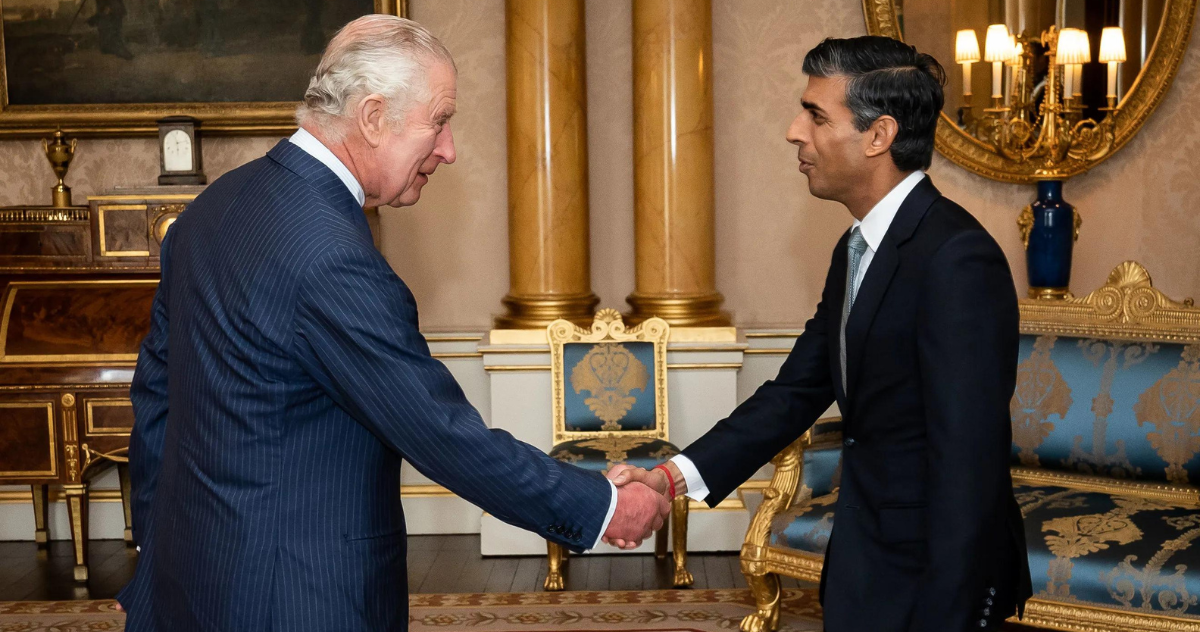UK (Parliament Politic Magazine) – UK and German Governments Announce a Groundbreaking Energy Partnership on November 3, 2023, Focused on Ensuring Long-term, Affordable, and Sustainable Energy for Both Nations while Strengthening Energy Security.
In a historic signing ceremony in London, Energy Security Secretary Claire Coutinho and Germany’s Vice Chancellor, Robert Habeck, have solidified a new partnership between the UK and Germany.
This agreement underscores their joint dedication to achieving net-zero emissions and advancing the energy transition. Moreover, Europe‘s two largest economies are reinforcing their commitment to the Paris Agreement’s objectives of limiting global warming to 1.5 degrees.
Energy and Climate Partnership: UK and Germany’s Collaborative Commitments
The energy and climate partnership between both nations encompasses the following commitments:
- Foster greater collaboration in the renewable energy sector, with a particular focus on offshore wind and electrical interconnection. This entails the removal of regulatory obstacles and the expeditious deployment of offshore hybrid projects.
- Exchange industry expertise and knowledge to enhance the exploration of carbon capture, utilization, and storage (CCUS), including the transboundary transportation of CO2.
- Bolster and advocate for regional and global energy security. This includes discussions on winter preparedness, infrastructure security, and the resilience of supply chains.
- Share best practices and insights gained from endeavors related to industrial, building, and heat decarbonization, energy efficiency, as well as policies and strategies geared towards achieving net-zero emissions.
Expanding Offshore Wind Capacity in the North Sea
Claire Coutinho, the Energy Security Secretary, expressed:
“Both the UK and Germany share a common understanding of the significance of clean, cost-effective energy. We acknowledge its pivotal role in fostering economic growth and ensuring energy security, not only at the national level but also on a global scale.
Our ongoing collaboration in the North Sea, aimed at realizing our globally acclaimed offshore wind objectives and connecting our nations via subsea power cables, exemplifies our collective commitment to this endeavor.
Today’s accord marks a significant step forward as we expand and strengthen our partnership, with the intent of maintaining our leadership in Europe and worldwide, driving the transition towards sustainable energy solutions.”
The energy and climate partnership encompasses the UK-Germany hydrogen agreement, which was signed by Lord Callanan in September. This initiative is focused on expediting the integration of low-carbon hydrogen, particularly from renewable sources, into the energy mix of both nations. It also underscores their shared commitment to collaborating on the global development of the hydrogen economy.
Upcoming Interconnector Project between UK and Germany Awaits Approval
Germany stood as the UK’s second-largest trading partner during the four quarters ending in Q1 2023, contributing to 8% of the total UK trade volume. British and German enterprises are already engaged in joint projects in the North Sea, and both countries have pledged to harness the full potential of renewables, as exemplified in their recent commitment at the Ostend North Sea Summit.
In the offshore wind sector, roughly 75% of the total installed offshore wind capacity in the North Sea is located within the waters of Germany and the United Kingdom. This significant presence plays a pivotal role in advancing the UK’s aspiration to achieve up to 50GW of offshore wind capacity. This includes a substantial 5GW of floating offshore wind, by the year 2030. Concurrently, Germany has set a target of installing 30GW of offshore wind capacity by the same deadline.
Read More: Record Windstorm Ciaran Claims 10 Lives in UK and Western Europe
A Blueprint for Clean Energy: UK-Germany Partnership for Climate Goals
A significant milestone was reached this week with the completion of the initial phase of construction for the £2.4 billion NeuConnect project. This groundbreaking venture marks the first subsea electricity cable linking the UK and Germany.
Upon becoming operational in 2028, the project has the potential to supply reliable, affordable, and clean energy to as many as 1.5 million homes in both the UK and Germany over its operational lifespan.
Once finalized, this power line will rank as the second longest in the UK, spanning approximately 725 kilometers of both terrestrial and subsea cables, connecting Kent and Wilhelmshaven.
An additional interconnector project, linking the UK and Germany, is presently in the development phase and is pending regulatory approval from Ofgem.
Beverley Cornaby, the Director of Policy and Systems Change Collaborations at the Cambridge Institute for Sustainability Leadership (CISL), emphasized that clean power generation holds a prominent position in the UK’s strategy to achieve net zero emissions by 2050. This partnership will play a vital role in advancing these objectives by offering a model for energy and climate collaboration between Europe’s two largest economies.


